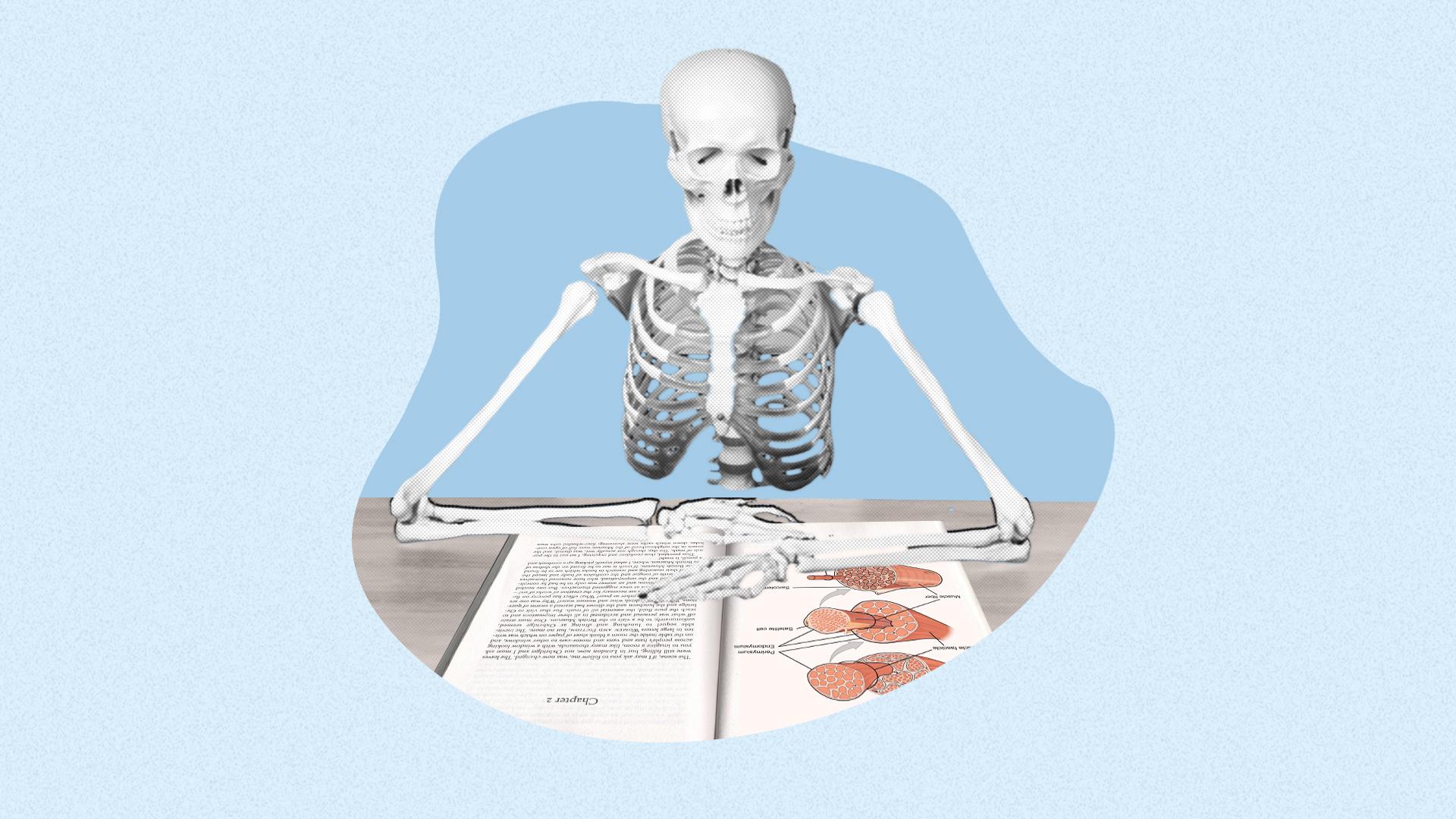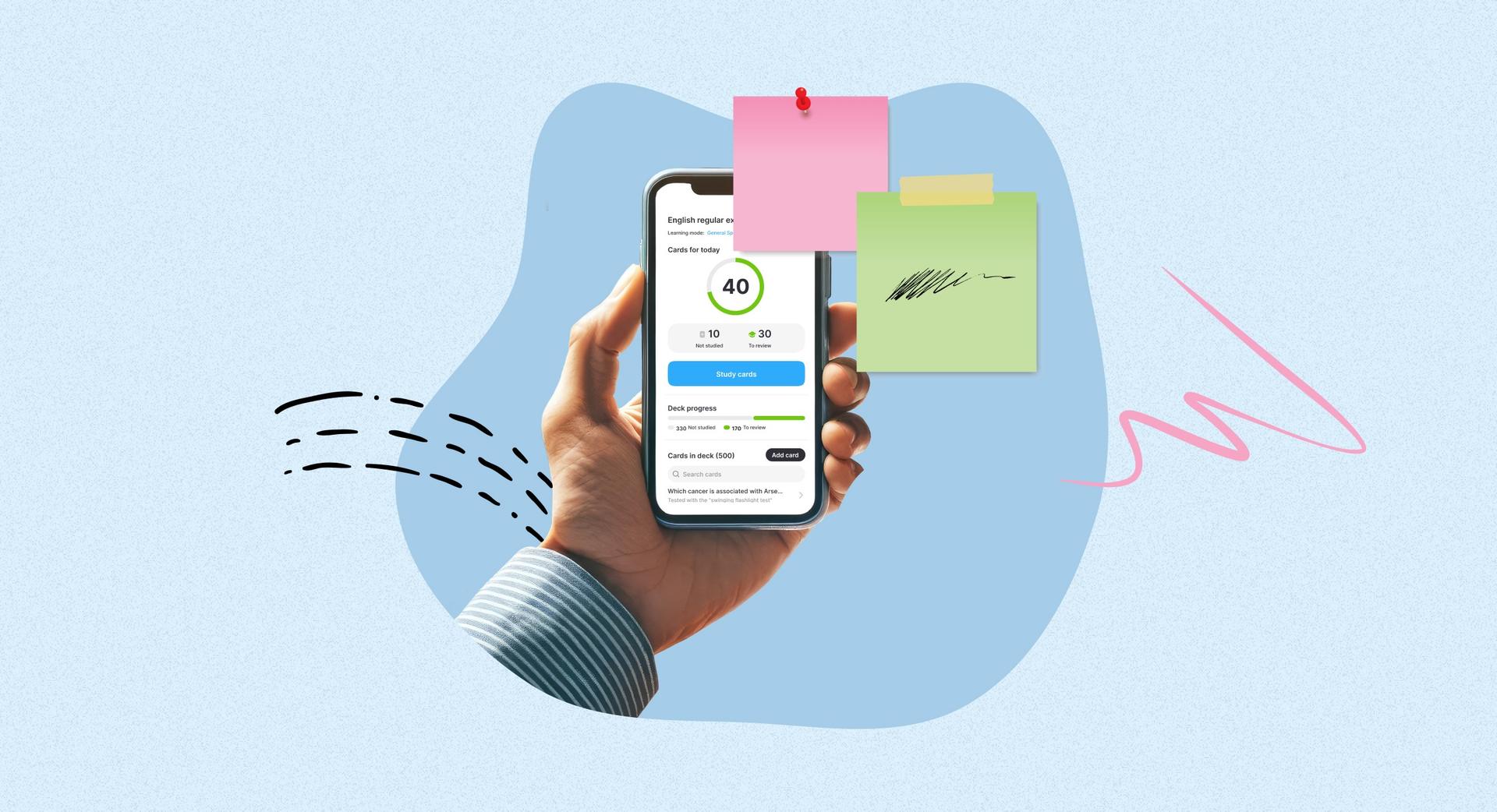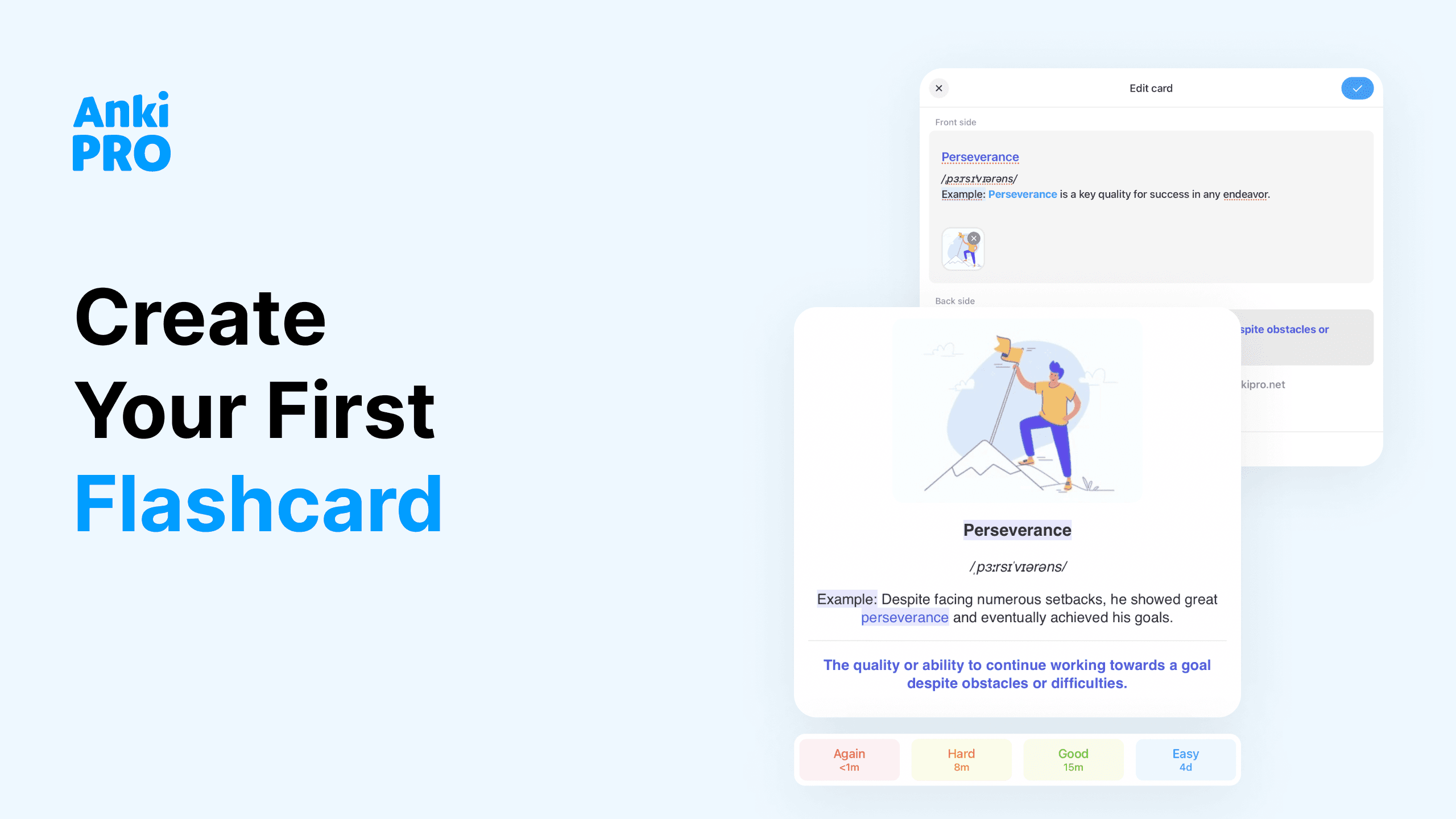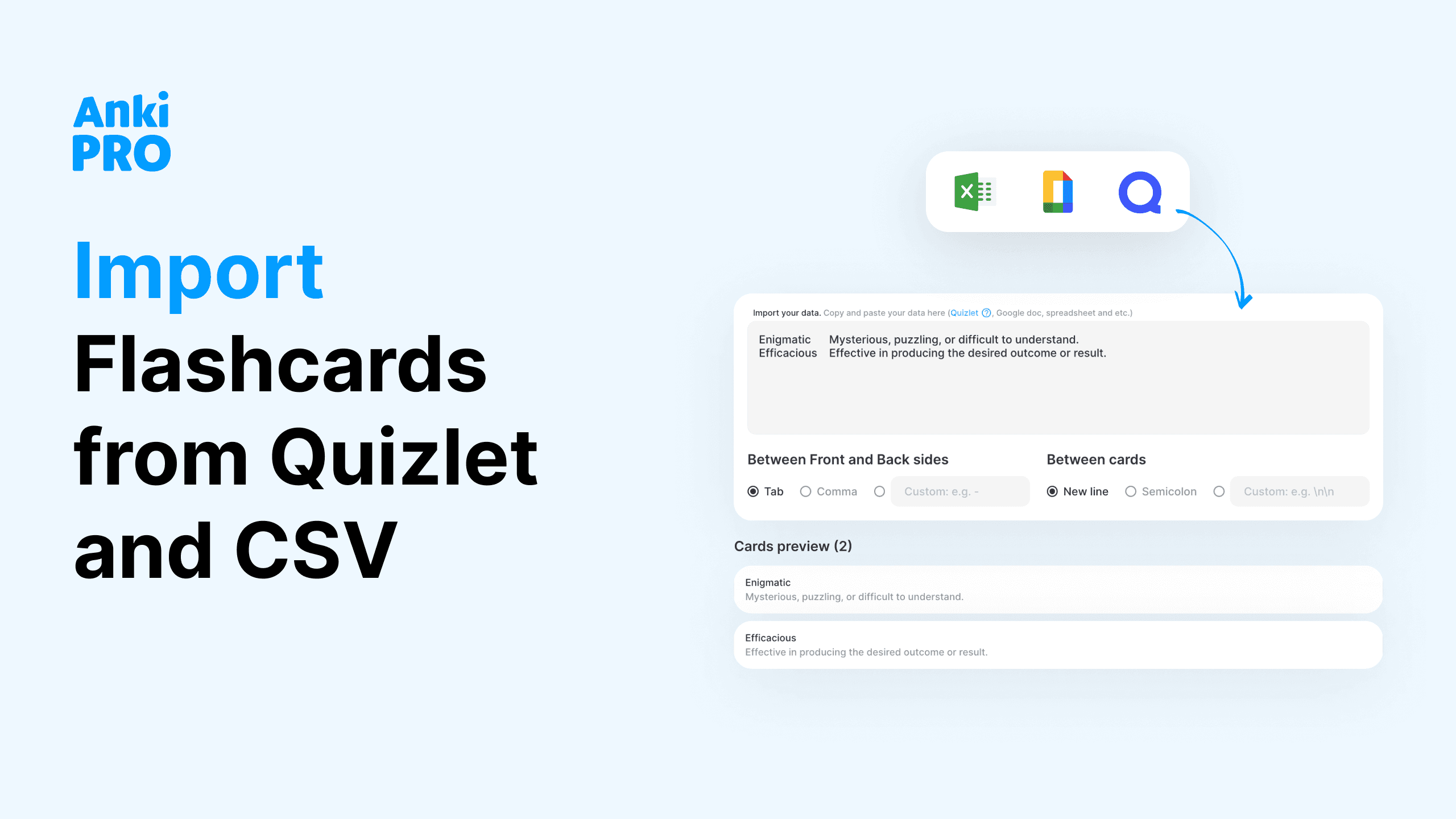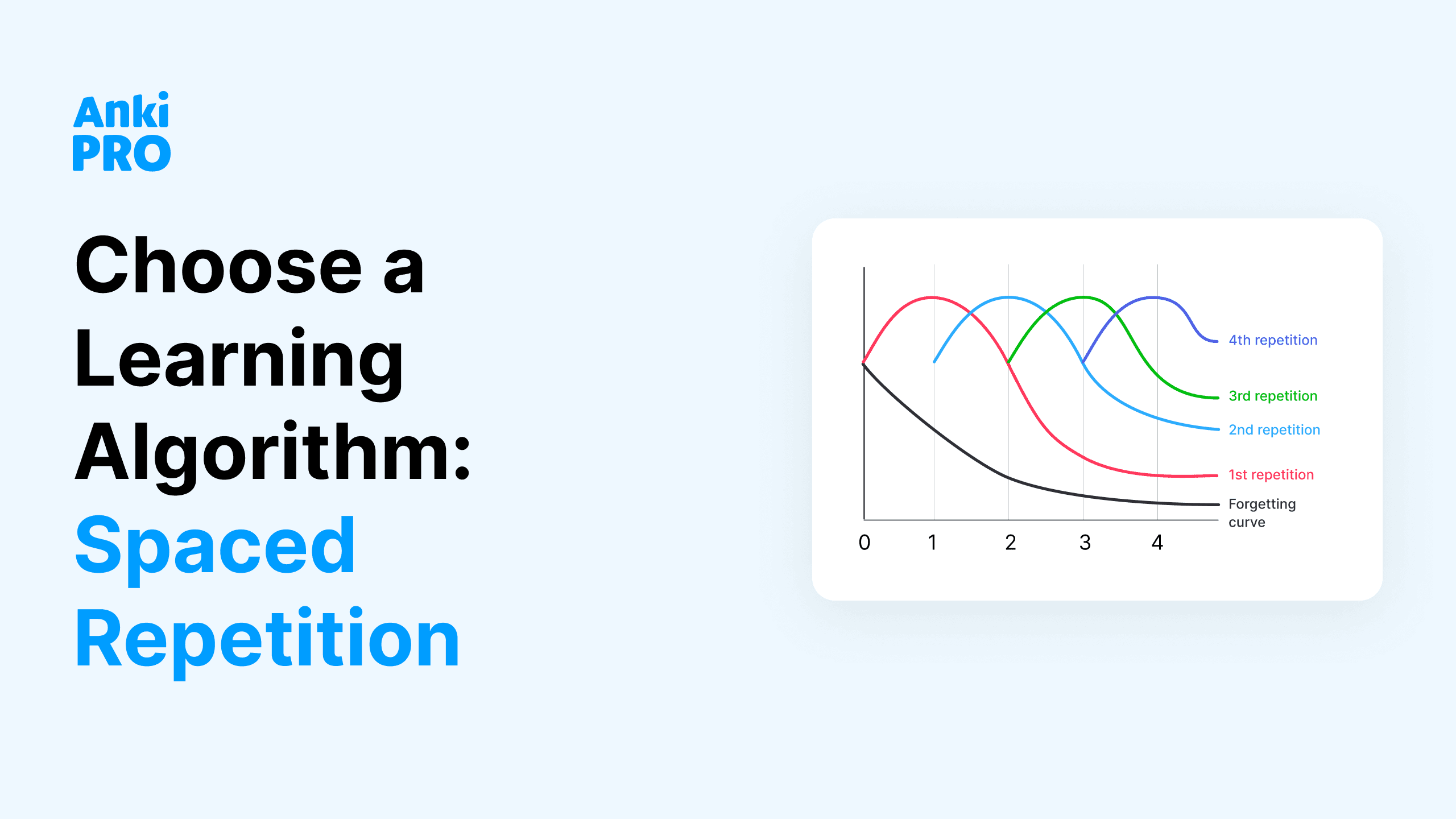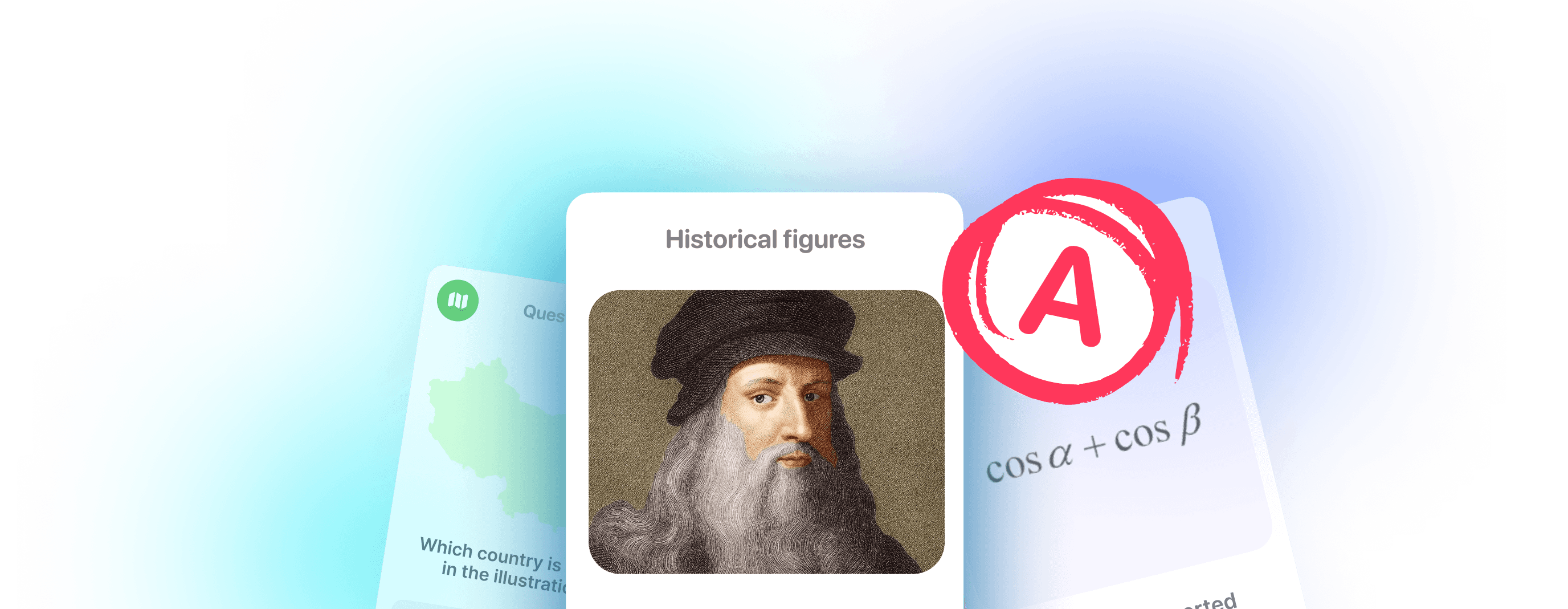You’re likely here because you have an exam coming up, and you want to know the best way of test preparation. The nerves might be settling in or you might feel like you’ve got it–either way, exam preparation requires a few things from you: effort, concentration, and time.
In this guide, we’ll delve into the fundamentals that’ll help set you up for success, ace the material, tame test anxiety, and create better study habits.

Learn About Your Exam Structure
Begin by familiarizing yourself with how many exams you’re having, as well as the structures of tests. Understanding the subject, format, test time, types of test questions, and allocation of marks can significantly influence your study approach.
Ask your teacher to provide insight on what to expect. Grasping the exam’s blueprint gives you a strategic advantage.
The most popular test types include multiple choice, true or false, matching, fill-in-the-blank, and essay writing. By taking the time to learn about your exam’s structure, you’re better equipped to prepare.
Create a (Realistic) Study Schedule
Consider the time between now and the exam date, and be realistic about the time you can dedicate to each topic without reaching a state of burnout. Knowing your timeframe will also inform the study techniques best for you which we’ll discuss later in the guide.
Dividing your study sessions into smaller, focused intervals is recommended as they are more effective than long, intense ones. This means no all-nighters, please.
We care about your well-being! As you create your schedule in your planner or digital calendar, incorporate times for breaks, meals, and well-being sessions (like a walk, meditation, or bonus: positive affirmations).
Set Up Your Space(s)–Trust Us!
Knowing yourself and the type of environment you focus best in is key.
Some folks prefer the buzzy, busy coffee shop in the middle of the day because of the energy and adrenaline kick. Others prefer a cubicle in the complete silence of a library where there will be zero distractions. And like many, you may like both depending on the day and mood you’re in.
Sometimes our brain refuses to think clearly in a cluttered environment. Make sure you have enough space for exam preparation! ADHD students tend to have a more cluttered environment, and sometimes an easy cleaning of a study space changes a lot in the entire exam preparation routine.
Investing in your setup at home could be beneficial, too. A focus playlist, a nice scent, and LED lighting could be the perfect combo you need to focus on and most importantly, learn the study material on your exam.
Use Flashcards
Now that we have our mindset, schedule, and study space in a good place, it’s time to chat about the effective study techniques that’ll get you on your way to an A+.
🧠 Did you know?
In a study, 470 students in an Intro to Psychology college course were examined. 70% of the class who used flashcards to study performed significantly better on exams than those who didn’t use flashcards.
By the way, now is a good time to introduce ourselves–we’re Anki Pro 👋, an app for making flashcards that is a perfect solution for exam preparation.
We advocate for mindful learning, building knowledge, Machiavellian exam preparation, and seamless time management for students. We don’t want anyone to romanticize those stressful crammings in one night just to somehow pass exams.
Follow the Algorithm
Anki Pro is the ultimate tool for proactive exam readiness, particularly beneficial for scenarios with more than a week’s preparation time, thanks to our spaced repetition algorithm.
In short, it’s a method of revising material at systematic intervals. It’s perfect for long-term retention of study materials. You can choose how many new cards you would like to study per day. Together with the new ones, you go through the flashcards you’ve already learned.
If you have less than 7 days before your exam, our General algorithm suffices, but let’s be real: it doesn’t match the effectiveness of our spaced repetition algorithm, especially for law, medical, or history exams.
Still, for last-minute cramming before the exam day, it’s recommended to use it the day before the exam and review cards repeatedly.
Prioritize Your Topics
By now, you should have a good understanding of the topics you know like the back of your hand and the challenging questions that’ll require a bit more focus and time from you.
It’s a good opportunity to reassess your study schedule and allocate more time to a subject that requires deeper understanding or has a higher exam weight.
If you have enough time before your exams, you might even plan to read a few books, start writing down your answers, ask your teacher clarifying questions, or practice discussing the subject that needs a deeper dive. While reading, remember how powerful taking notes is to the brain.
Explore a Variety of Study Methods
You spent time between the General and Spaced Repetition algorithm, and it’s working, but you’d like to add a bit of variety to your study sessions.
Just like sometimes you like to experiment with your coffee order to find out your preferences, the same applies here!
Our ‘Fill-in-the-Blank’ feature, also known as Cloze, allows you to blank out terms, numbers, dates, etc. Use it when you need to learn information in a specific context.
Apart from experimenting with features, revise your study habits!
Make Adjustments to Power Up!
You might be picking up on things that aren’t working for you during your study time, and this is great because you’re understanding your unique learning style, ultimately, making you a better learner and studier (a big win).
Tips to power up your flashcards:
- Incorporate visuals. Despite initial concerns about time consumption, evidence indicates that attaching pictures to your study cards can reduce the overall time spent studying. This could also include flow charts, timelines, graphs, diagrams, visual aids of all sorts.
- Simple is better. Remove information that is not necessary to make revision notes more effective. If you notice a card appearing repeatedly and you still cannot recall what is needed, it is probably best to simplify it.
- Use the ‘Reverse Cards’ feature. Studying bi-directional pathways will make it possible to recall information if the question is asked from another angle. This tool helps to create connections from both sides so that you will master any definitions, vocabulary words, facts, etc.
Take Intentional Regular Breaks
No one likes burnout, and sometimes it’s hard to catch yourself before you cross that fine line between tired and burnt, especially when the stakes might be high (in this case, an important exam). Throughout this guide, we mentioned the importance of scheduling breaks and wellness sessions.
A break can be classified as taking five minutes to step away from your study space, but it can be pretty mindless if you’re not intentional, ie. taking a break to scroll on TikTok or play computer games might not promote relaxation. However, a wellness session does, and it can be as quick as 10 minutes.
Here are a few ideas for regular breaks:
- Meditate (Insight Timer app and YouTube are free)
- Drink plenty of water (or cook a good meal if it’s time to)
- Journal (find prompts that promote wandering and creativity on Pinterest)
- Stretch (again, numerous YouTube videos)
- A mindful, outdoor walk
Organize a Study Group
It’s true–it’s proven that study buddies can ensure productivity among students, allow for the exchange of ideas, and enhance the overall learning experience (IRL or online).
By the way, you and other students can achieve your learning objectives faster by sharing flashcards right in the Anki Pro app. Sounds like a pretty cool feature that promotes effective study sessions and gets you closer to an A.
In study groups, college students can practice questions for their next exam, as well as optimize turning class notes into flashcards, adding diagrams, visual aids, as well as summarizing material and practicing answers for an upcoming test.
Study groups are a very good practice, especially if you have enough time to plan out the exam preparation strategy!
Teach the Material
Explain concepts of upcoming exams to a study buddy or friend. Answer their questions. Optionally, let them access the correct answer, so they can check your knowledge.
Teaching the material is one of the most helpful study methods to boost the long-term retention of information needed for your exams. It requires active engagement with the material.
Teaching what you’ve learned reinforces your understanding and identifies areas where you may need further clarification.
Make it a dynamic activity by using a whiteboard or post-it notes. It feels like having fun because your brain doesn’t perceive this activity as an actual study session. Better than a predictable and boring lecture, right?
Rest Up!
Earlier, we mentioned the importance of your well-being, and we weren’t kidding. It’s easy to say ‘no’ to rest when you think you need more study time.
However, it is beneficial for both your body and mind to always be well-rested, but especially the night before an exam.
Sleep is essential for cognitive processes such as memory consolidation, problem-solving, and attention, all of which are crucial for optimal exam performance.
By the way, taking regular breaks is also more fun when you have study groups!
Tame Your Anxiety
Beginning a daunting task, like exam preparation, can evoke stress, self-doubt, and anxiety, especially if you’re not as prepared as you’d like to be. Anxiety can also hit during the exam day, like last minute before the actual test, causing you to make unnecessary mistakes and forget all the rules.
The good news? We have the power to rewire our thoughts and habits to build a positive mindset, ultimately evoking a stronger sense of self-belief. Even if your previous exams felt like a total disaster.
Having a positive mindset is extremely helpful for those who want to increase focus and productivity, as well as make their brains successfully retain information.
Some practical tips to get started? Check your self-talk: use words that lift you up and talk to yourself like you’re your own best friend.
This practice activates the reward centers of the brain and increases dopamine. Examples: Today is a new day for success, I believe in myself. Also, celebrate your small wins. Recognizing your successes (like making your bed or going on a walk) builds confidence and positivity.
Get Going!
Now, you can get going. You’ve got an exam to ace and an exam preparation strategy to follow. Take a deep breath and study hard smart!
Also… You have to know yourself.
If you’re not the one who can easily organize study groups, why not ask your extroverted friend to organize study groups?
If the complete silence makes you nervous while preparing for final exams, why don’t you experiment with a nice ambient playlist?
If your old exams in the previous years felt like torture, try to trick your brain into feeling adventurous about the upcoming test.
All those exams perfectly teach us to solve problems creatively and prepare for actual life’s tests, playing by all the rules.
Hopefully, you found this article helpful!

